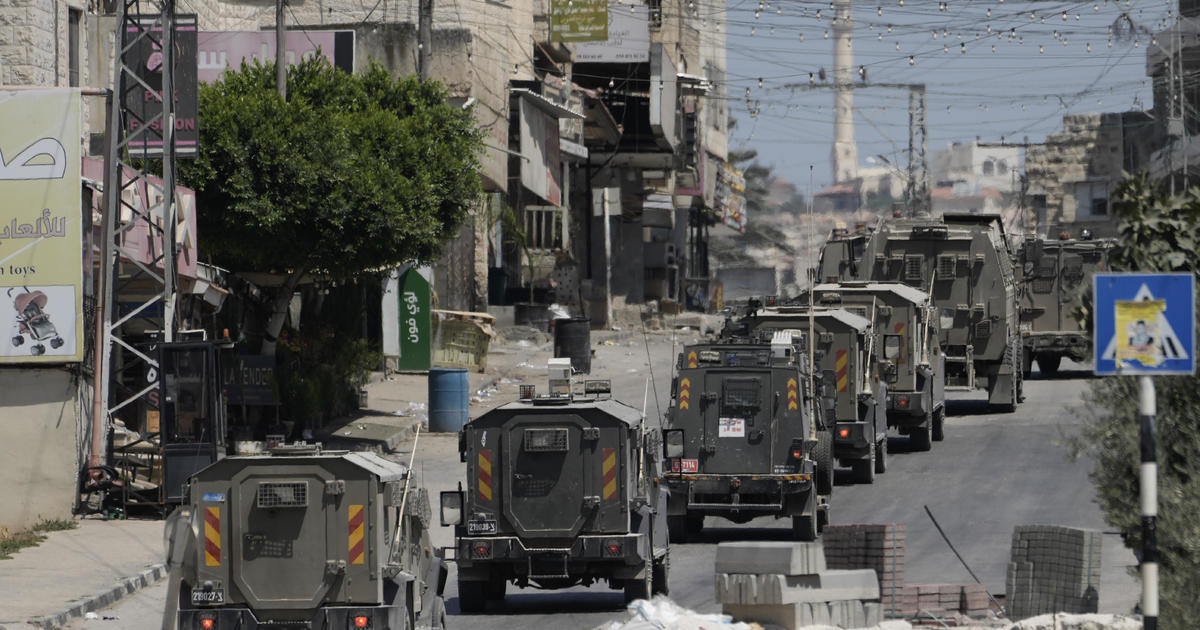President Biden has deployed a significant number of combat aircraft and warships to the Middle East, along with three of his top advisers, including CIA Director Bill Burns, in an effort to prevent Iranian and Hezbollah military retaliation against Israel. The goal is to create a window of opportunity to negotiate a peaceful resolution and prevent a regional war that could potentially involve U.S. forces.
The United States believes that Iran is unlikely to disrupt the ongoing cease-fire negotiations in Doha, which are aimed at ending the conflict between Hamas and Israel. However, there are concerns that Iran and its proxies, including Hezbollah, may still launch retaliatory attacks in response to recent events, such as the assassination of Hamas leader Ismail Haniyeh in Tehran and the killing of a top Hezbollah commander in Beirut.
While Iran and Hezbollah have not specified the timing or nature of their planned retaliation, there are indications that they are considering both military force and covert intelligence operations. Hezbollah’s leader, Hassan Nasrallah, is reportedly hesitant to act without Iran’s approval and does not seek a large-scale conflict with Israel. However, the U.S. assessment is that Hezbollah could launch an attack without warning.
To prevent further escalation, the U.S. has been engaged in diplomatic efforts, including indirect communication with Tehran and Hezbollah through other governments and political figures. There are concerns that Hezbollah may target civilian areas in Israel, posing a significant threat given the group’s large arsenal of missiles and rockets.
The Biden administration’s strategy includes a focus on securing a hostage release and cease-fire agreement between Israel and Hamas in Gaza, with the hope that this could help prevent a wider conflict with Hezbollah in Lebanon. U.S. special envoy Amos Hochstein has been actively involved in negotiations in Cairo and Doha to facilitate the implementation of these agreements.
If diplomatic efforts fail, the U.S. has a contingency plan to defend Israel with the support of allies, similar to the response during Iran’s previous attack in April. The United Kingdom and France have also expressed readiness to assist in defending Israel and have been involved in diplomatic and military coordination efforts in the region.
The ongoing conflict in the Middle East has had a significant impact on domestic politics in the United States, with polling indicating that the humanitarian toll of the war has resonated particularly with progressive, Black, Arab, and Muslim American voters. The Biden administration is prioritizing efforts to end the violence and secure the release of American hostages held by Hamas.
As tensions remain high in the region, the Biden administration is working diligently to prevent further escalation and achieve a peaceful resolution to the conflict. With the support of allies and diplomatic efforts, there is hope for a de-escalation of the situation and a path towards lasting peace in the Middle East.









